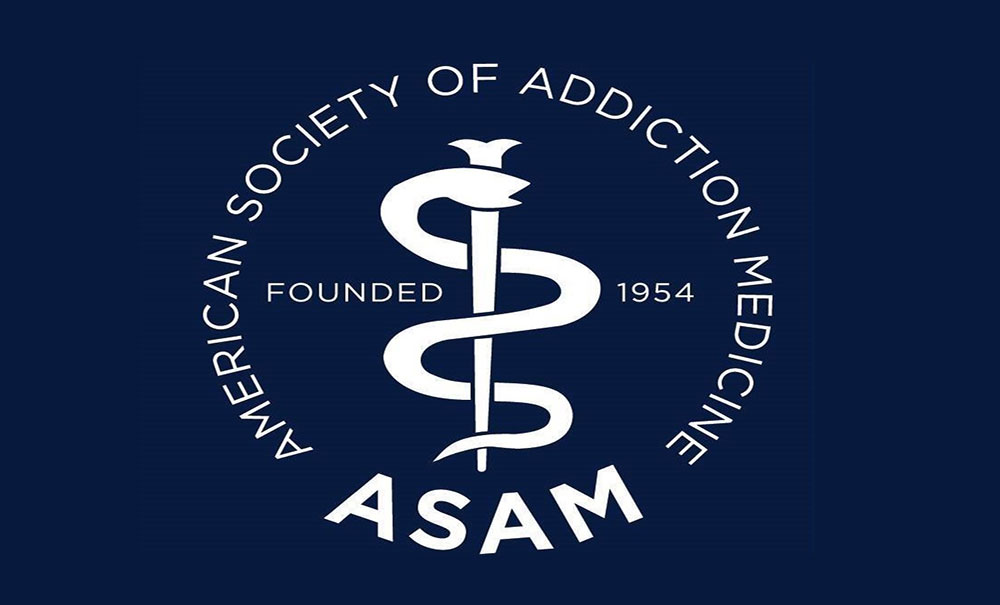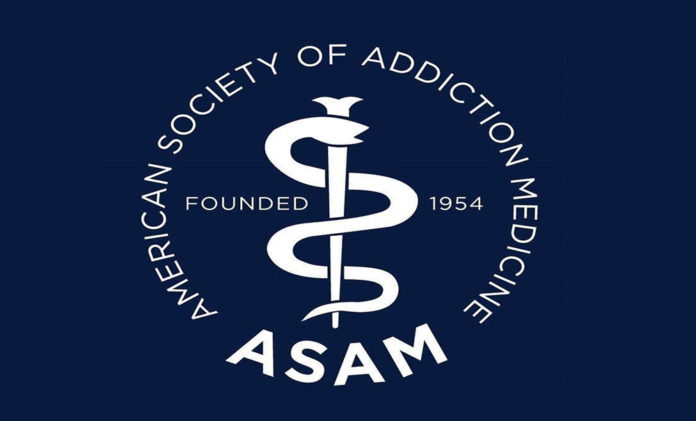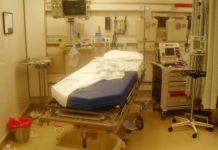The American Society of Addiction Medicine (ASAM) will be welcoming several addiction treatment specialists, authors and industry leaders for its annual review course in Grapevine, Texas.
The 2018 ASAM Review Course in Addiction Medicine is going to be a two-and-a-half-day event that will be held from July 26 to July 28 at the Gaylord Texan Resort, set on Lake Grapevine, about six miles away from the Dallas/Fort Worth Airport.
The event’s main goal is to boost attendees’ knowledge on substance use disorders and also help physicians who are interested in becoming addiction treatment specialists prepare to take the certification exam administered by the American Board of Preventive Medicine.
A series of pre-course offerings are scheduled to take place before the event, including an exhibit and a session targeting opioid prescribing methods, called ‘Safe Practices and Changing Lives.’
The first day of the ASAM Review Course in Addiction Medicine, called ‘Foundations of Addiction Medicine,’ will be covering the neurobiology of addiction and information on opioids, alcohol, sedatives, tobacco, cannabis, stimulants and other classes of substances.
The second day, titled ‘Assessments and Treatments,’ will have sessions on behavioral addictions; principles of pharmacology and toxicology; medical and psychiatric co-morbidities; prevention and public health; ethics and the law; and epidemiology.
The third half-day of the event, dubbed ‘Special Populations and Topics,’ will feature information about pregnancy and women’s health, psychosocial interventions, motivation interviewing, 12-step facilitation, pain management, the history and definitions of addiction, as well as sessions focused on different groups such as adolescents, young adults and the elderly.
The program’s planning committee has a number of learning objectives for the participants of the event.
The organizers expect attendees to have the ability to learn and explain how an addiction is diagnosed; distinguish the symptoms of substance use disorders from other medical disorders; describe the different psychosocial and pharmacological methods of treating substance use disorders and elements to be taken in consideration when a treatment is selected; differentiate the impacts of tobacco, alcohol and other toxic substances in people who are tolerant them and those who are not; display practical understanding of the neurobiology behind an addiction and verbalize the process; define factors that precipitate a relapse as well as evidence-based practices of relapse management and prevention.
The educational goals and curriculum of the program are meticulously designed to meet the core areas of the American Board of Preventive Medicine exam. However, several discussion panels as well as other scheduled opportunities are provided to allow the attendees to network with their colleagues and exhibitors during each day.
Such opportunities are perhaps associated with the fact that the annual event has become renowned for having a significant impact on the scientific advances made by addiction treatment specialists as well as other healthcare providers.
The 2017 ASAM Review Course in Addiction Medicine welcomed more than 1,200 people and, considering the growing popularity of the topics targeted at the event, this year’s program is expected to have even more attendees.
















